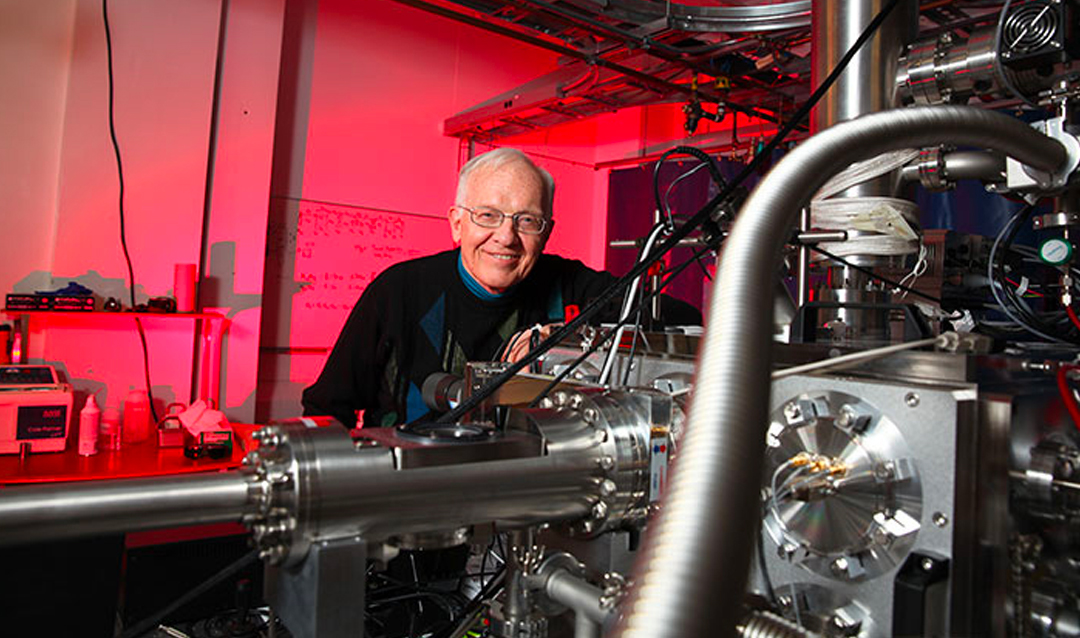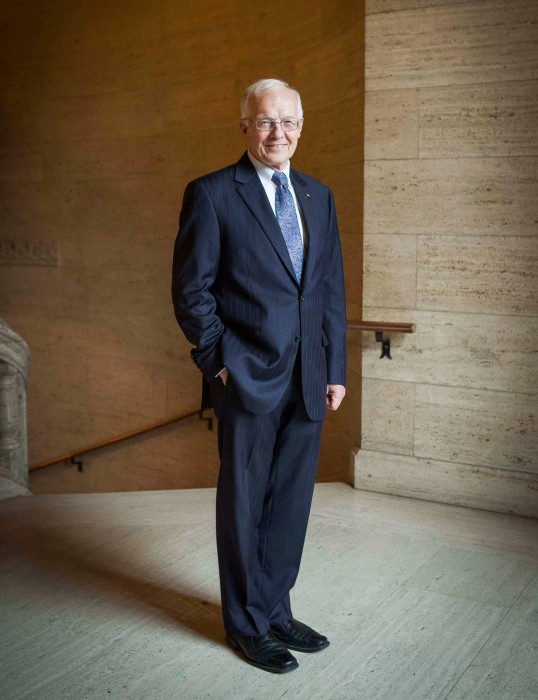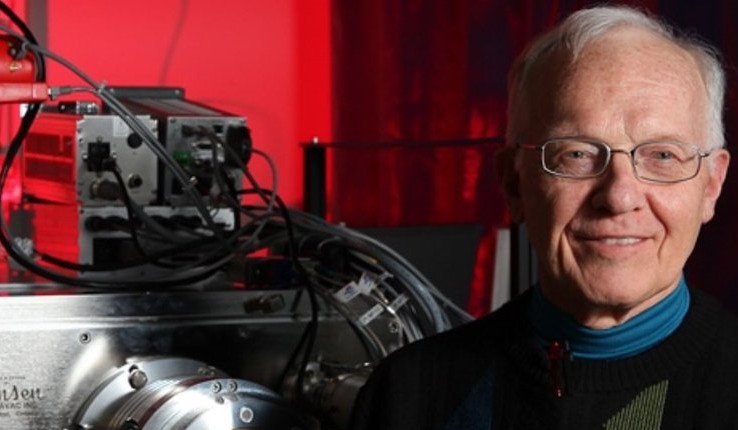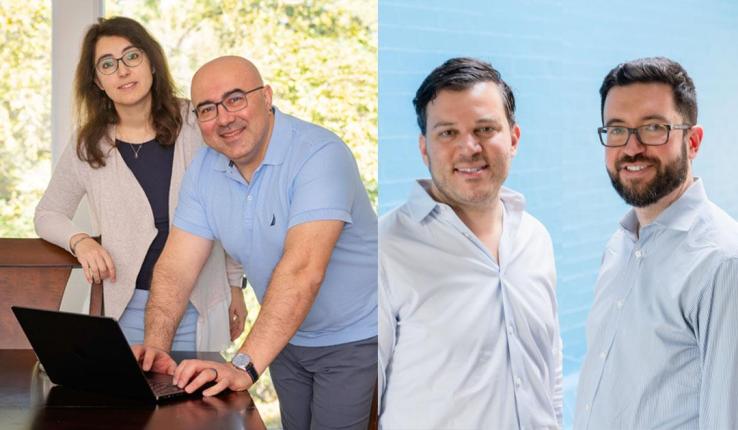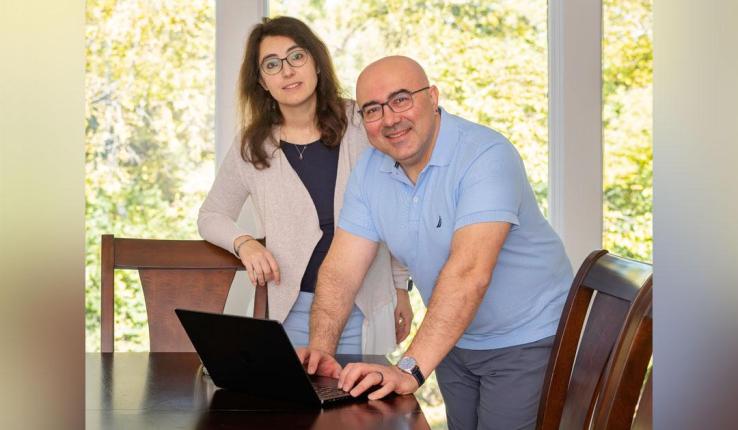“I am very glad I did not hang up,” said Corkum.
A distinguished professor at the University of Ottawa, principal research officer at the National Research Council of Canada (NRC) and co-director of the NRC-uOttawa Joint Centre for Extreme Photonics, Corkum directs the Joint NRC/University of Ottawa Attosecond Science Laboratory.
The prestigious Wolf Prize, awarded annually since 1978, is presented to scientists and artists for their “achievements in the interest of mankind and friendly relations amongst peoples.” Corkum was honored specifically for his contributions in the fields of ultrafast laser science and attosecond—one billionth of a billionth of a second—physics.
Ferenc Krausz, a Hungarian-Austrian physicist and professor of physics and chair of experimental physics at the Ludwig Maximilian University of Munich, and Anne L’Huillier, a French/Swedish physicist and professor of atomic physics at Lund University in Sweden, were also co-recipients of the Wolf Prize in Physics.
“I knew that the sub-field of physics had become important, but I didn’t know it was important enough for the Wolf Prize, and therefore, I did not know that I was a candidate,” Corkum said. “With the prize given to three optical scientists, the physics community has decided that attosecond science is one of the most significant sub-fields of physics today.”
Corkum is a pioneer in the field of ultrafast laser spectroscopy and known for his contributions to the field of high harmonic generation and for proposing intuitive models which help explain complex phenomena.
"His ground-breaking research, which launched the field of attosecond science, began at the NRC [National Research Council of Canada] decades ago and continues to transform our understanding of the world around us,” Geneviève Tanguay, vice president, emerging technologies at NRC, said. “[He] developed the tools for producing the shortest man-made flashes of light—attosecond pulses—which are used to study the fastest processes that are relevant to our world: the motion of electrons in molecules and atoms. These dynamical processes underlie chemical reactions and biological processes on the molecular level such as the ability to see."
After receiving his master’s degree in physics from Lehigh, he earned a Ph.D. in theoretical physics from Lehigh in 1972 with a dissertation titled, “The relation between magnetohydrodynamics and space and time dependent correlation functions.”


